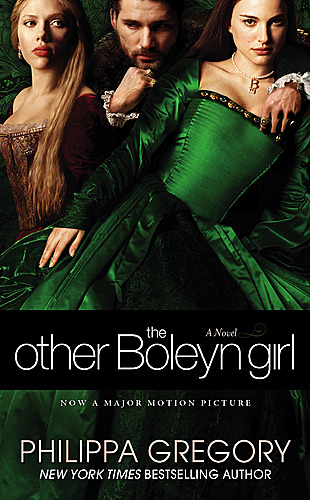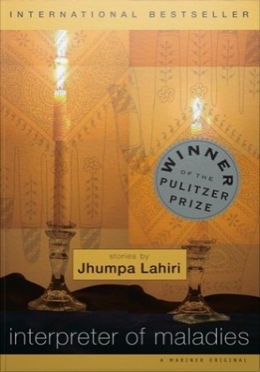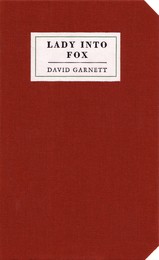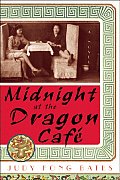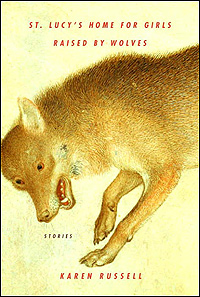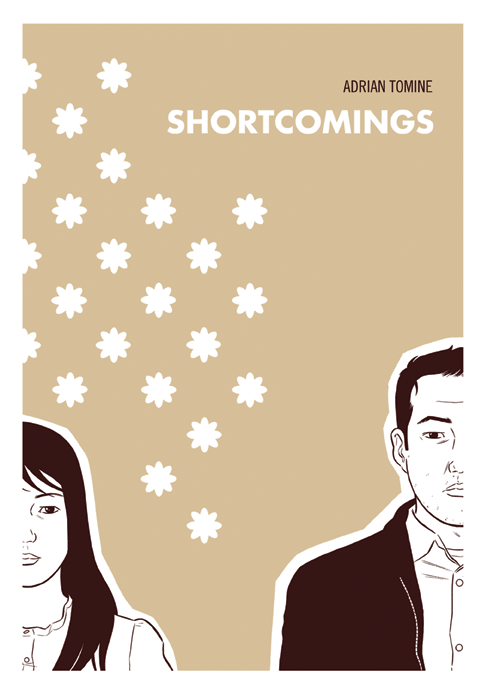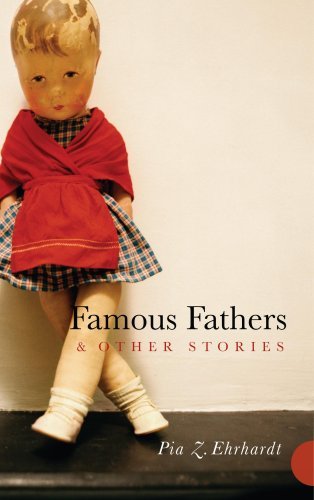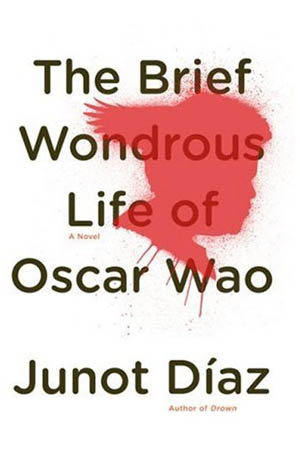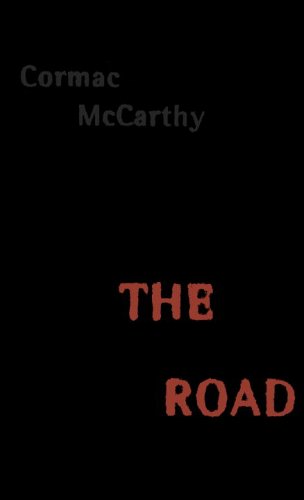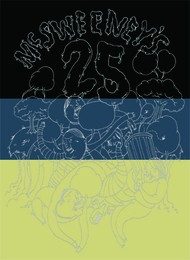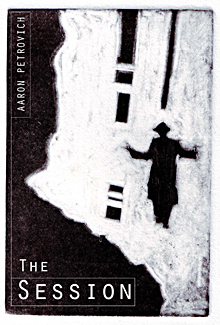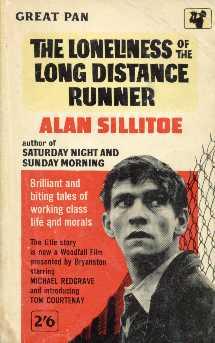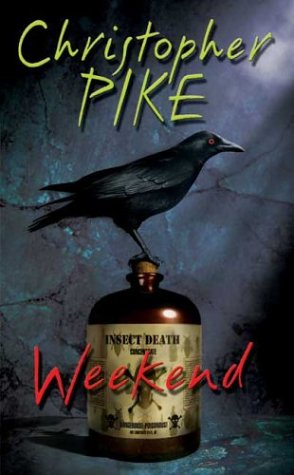I have no idea how to review the book I just read, The Other Boleyn Girl by Philippa Gregory.
I don’t really read historical fiction, I think the last historical fiction I read when I was about 15, and this book, though very engaging, is not really in the same league with the stuff I generally read these days, much of it award winning literary fiction and short fiction. Yet, I cannot deny that I was totally obsessed with this book while I read it, and the proof is in how quickly I devoured it. The book is about 660 pages, and I began reading it Tuesday night after work and was finished late Thursday night after work. Three days. 660 Pages. Clearly, I was smitten.
Let’s start by talking about why I even picked this up since it’s so outside my normal reading range. I am pretty fascinated by the whole Anne Boleyn thing, I think a lot of women are, it’s such an interesting time in the history of women, where they literally had no power and were traded as commodities by their fathers, brothers, uncles, and husbands on a daily basis without a thought as to their own desires. Yet a woman could also become a Queen, as Anne Boleyn did…which held great power (maybe, if you were brilliant like Elizabeth I and didn’t marry a guy who could/would take it all away). Anyway, it is a very interesting and horrible time for women and I’ve always been fascinated by it and have thought often of picking up a biography of Anne Boleyn or a good history of that time period. Instead I went for some historical fiction. At least I didn’t see the movie. I was actually afraid I was going to see the movie, and I was afraid it was going to be terrible and put me off of the whole idea entirely, so while at the bookstore I decided to pick up Gregory’s fictionalized interpretation of the Boleyns with the idea that I would also research getting a great biography as well. This is still my plan, I just didn’t think I’d finish Gregory’s book in three days. So, prologue aside, onto my attempt to rate this monster…
The Good: It was completely compelling. The high-stakes narrative drove the story forward so feverishly that I didn’t care that the beautiful literary writing I have come to expect in things I read was absent. I just needed to know what was going to happen to these characters and how it was going to unfold (even though I knew the true end for Anne, Mary Boleyn’s story is largely unknown or unwritten).
The story is told from the point of view of Mary Boleyn, which is quite a brilliant decision because it allowed Gregory to speak from a point of view largely ignored or unknown in the history of the Boleyns and the court of King Henry VIII. It also allowed me to hate Anne with a fiery freaking passion, which I did for about 450 pages. Like any good story though, Anne reaps what she sows, and Gregory successfully turns her around in the last 150 or so pages so that I could feel the requisite horror and sympathy for her ultimate fate.
I feared that the romance factor would be gag inducing and put me off the book immediately, but I was pleased to find there was very little, if any of this. In fact, because Mary and Anne are never really allowed to be in love (except Mary in the end) there was almost no romantic swooning at all, for which I was very very grateful. When Mary finally does swoon in the end, you don’t mind so much because she’s had such a miserable lot of luck most of the time, she’s earned a good swoon.
Gregory also did an excellent job of getting my feminist ideals all twisted up within this web. There is an excellent point in the story, when Anne is becoming successful in her bid for winning the King’s affections (pushing her sister quite roughly to the side without a thought by the way) and she makes an impassioned argument to Mary that basically the world will never be the same for women, because she (Anne) is proving that even women, who are perceived to have no power, can accomplish great things (becoming Queen out of sheer will) by being clever and intelligent and not giving up or letting others set her path.
It’s a good argument, and you almost feel with her for a moment, until you hear Mary’s perspective, which though milder, is equally as feminist and powerful in its own way. Mary sees Anne’s pushing aside of a legitimate Queen (Queen Katherine) who has literally done nothing wrong except for get older and not bear any male heirs, as setting the standard for wives to be removed and tossed aside as soon as a king, or man, tires of them.
And the wonderful thing is that they are both right – which is when feminist perspectives get so interesting. Anne is right to push her way forward and not be bound by the men in her life (father, uncle, brother, and even her King) and though it is ultimately her undoing her daughter eventually becomes Queen Elizabeth, a powerful, brilliant, and eternally clever woman, like her mother was, who is arguably one of the greatest Queens in history. But Mary is proven right as well, in that when the King tires of Anne she is quite quickly beheaded (he has already learned it is quite fine to get rid of a wife, even if she is a Queen) and he goes on to divorce (“annul”) two more wives and behead a third before he dies (not in this text). Setting the stage for men with wandering eyes and lustful hearts everywhere to get bored and move on at the slightest whim. And that has worked out SO well for women.
The Bad: I did hate Anne with a venomous passion. Perhaps that was what Gregory intended, or perhaps she didn’t care and just wanted to present the characters as accurately as she could, but it was a flaw in the book I thought. Despite my drive forward with the book I sometimes wanted to put it down simply because I hated Anne so much. I also think this could have been a real problem if I had not pushed through the book so quickly. If I had been reading more slowly and had left off on a bit about Anne, I might have been more hesitant to pick it back up immediately.
Though Gregory’s book is historical fiction and makes no claim to historical accuracy, it’s not that far off. A lot of what is in the book as fact (executions, religious and political moves, movements of the royal family, affairs, children, miscarriages, mistresses, marriages, coronations) is largely accurate. However. while this book is a mere one or two (maybe three?) steps away from being accurate (and makes clear that it is), it has spawned a Hollywood film that is about 100 steps away from this partial accuracy, and from what I can tell, about 100 steps away from the fictionalized though historically based account that Gregory told. While this is premature since I have not yet seen the movie, I can pretty well tell from the trailers, previews, synopsis, and rants from other fans of Gregory that the movie takes incredible liberties with Gregory’s material and the actual history. I’m sure I’ll see the film eventually (though I don’t want to pay so it may be a long time) and I’ll post an update here if I’m not right in my assumptions.
I implore you Hollywood…why? Why spend the money to buy Gregory’s or anyone’s material if you just want to tell your own horrible inaccurate piece of crap story anyway? I’ll never understand you Hollywood…but you sure are pretty and shiny. Good for you. Impressive.
The Ugly: Nothing really. It’s been a very long time since I read something with a historical basis, and a while since I read something with such a strong and direct narrative. I find no major faults with this book, and for what it is, it is extremely effective. I missed my beautiful literary language though. I do wonder if I will feel the same way about this book after I read a couple biographies – my appetite has totally been whet for it – so I’m going to pick some up immediately (anyone have any great recommendations?)
The Rating: Ugh. Here we go. I’m going to dock it one star for just not being in the “upper echelon” of material that I read (god, how snobby did that sound?) and then a half star because it’s not a perfect book. So 3.5 stars.

